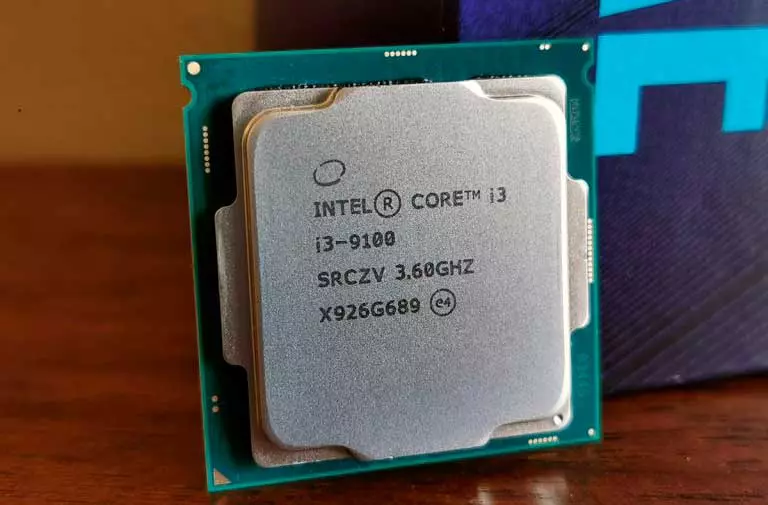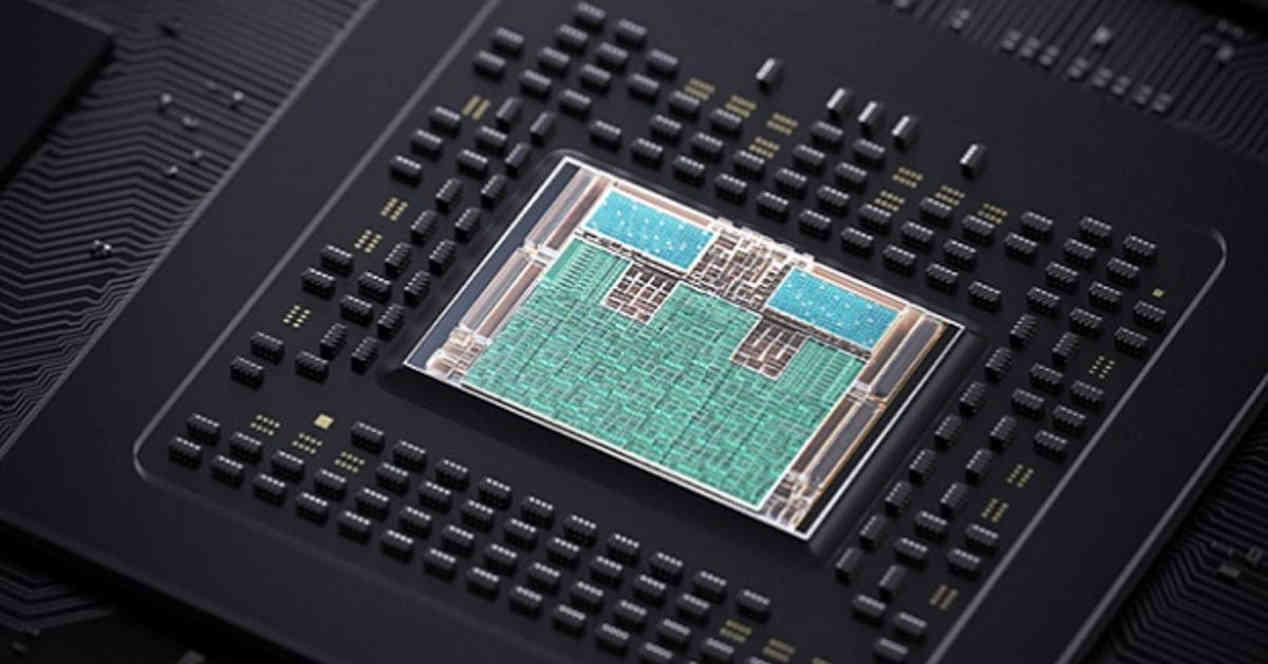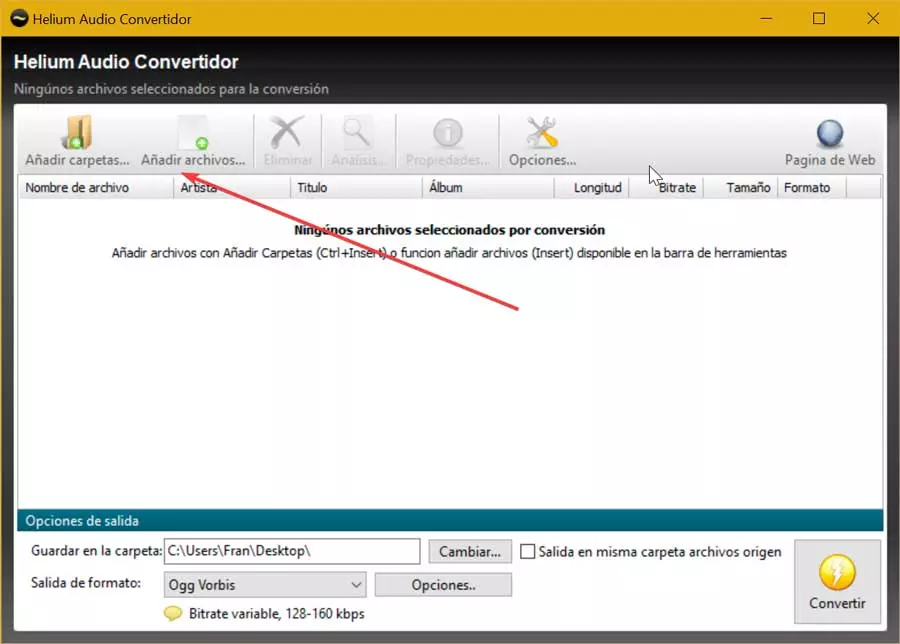
We know well and you will know if you follow us on a daily basis that the Chinese government is directly and indirectly subsidizing certain companies in your country, as well as key institutions. The IMECAS o Institute of Microelectronics of the Chinese Academy of Sciences and its R&D laboratory has taken the blue giant to court claiming that the company has violated the patent that the laboratory holds on FinFET.
Intel loses, China wins, what will happen from now on?
In 2018, these forces met before the Beijing court and put forward their first arguments against and in favor of their positions, where IMECAS demanded financial compensation from said court of no less than 31 million dollars in damages plus the cost of the litigation in full.
The Board of Reexamination of Patents of China has finally given the reason to IMECAS so that Intel will have to pay these amounts and although they have responded by questioning the validity of the patent in question, this is precisely not what matters most to the blue giant. And it is that what they are looking for from IMECAS (and ultimately the Chinese government) is to prohibit the sale of Core processors in said Asian country.
Asked by Tom’s Hardware colleagues, Intel has slipped the following statements:
» This decision is subject to appeal, and Intel looks forward to the balanced consideration of the courts on Intel’s invalidity challenges to the claimed patent. «.
In other words, the company does not lose hope and will fight to challenge the sentence.
Intel vs China on FinFET: all is not lost
Although it is true that the resolution does not favor Intel, of the many IMECAS claims, the blue ones have managed to invalidate three within the call FinFET patent 457 CN 102956457. The problem is that 11 are still current and enforceable, so the lawsuit runs its appeal course forward and Intel will have to fight it once again.
But this does not end here, since the laboratory has gone further, denounced before the Court more patents such as CN 102386226 that refer to MOSFET technology in the Core i3 for sale and manufacture. On this occasion, no costs have been set for damages or claims, but precautionary measures and the reimbursement of the costs of the litigation have been requested.
In reality, these lawsuits will last for years, but if Intel does not get the challenge, it will have to sit down to negotiate if it intends to continue selling in China, something that the Asian country knows and has, since they are in the process of advance in high-performance CPUs so as not to depend on foreign technology.





